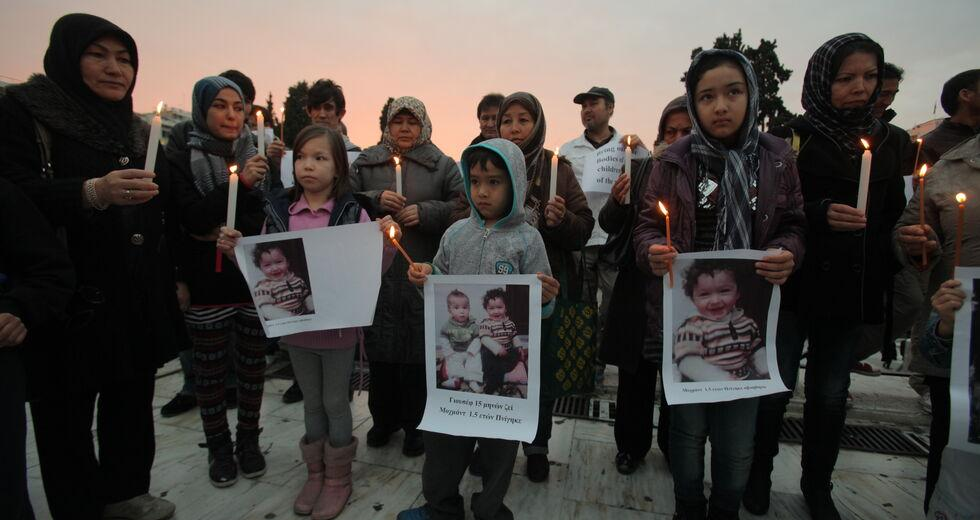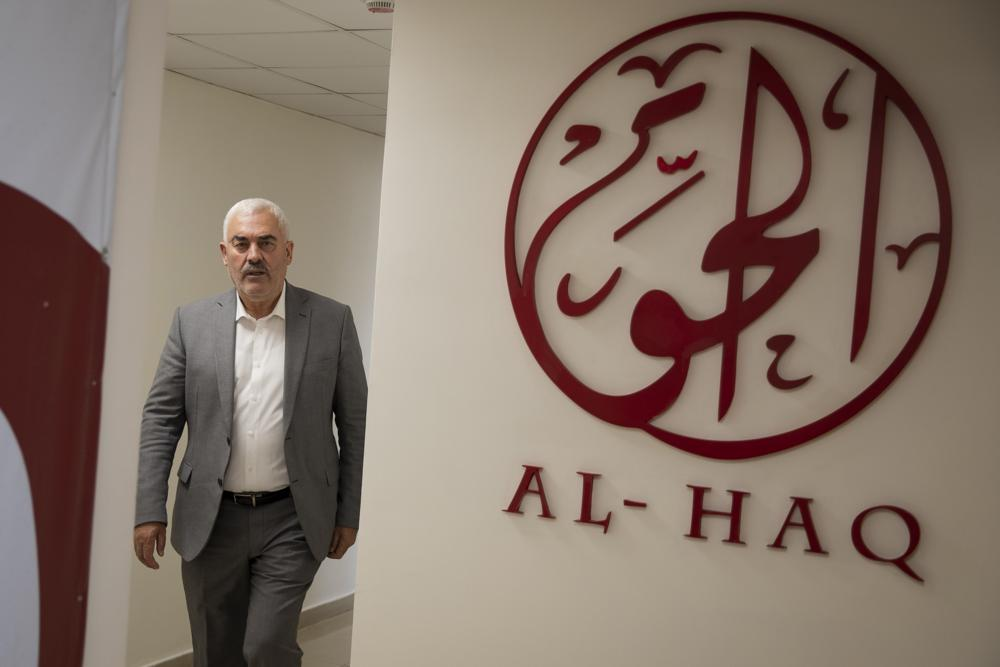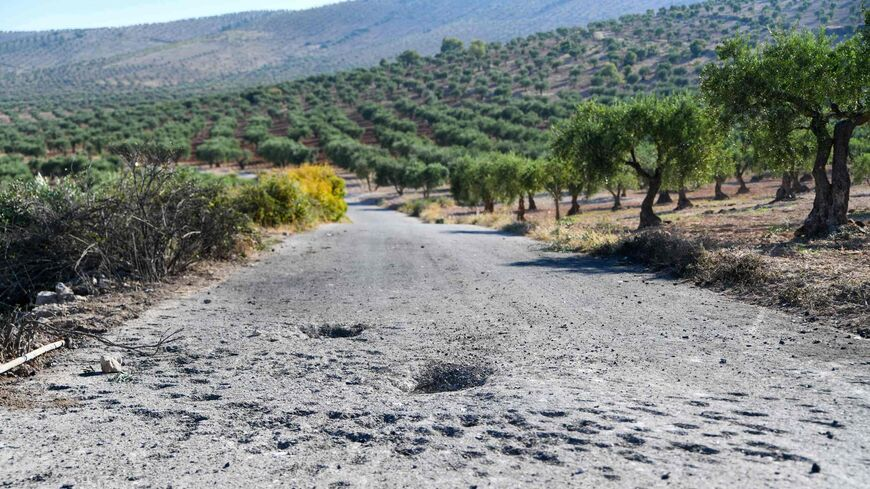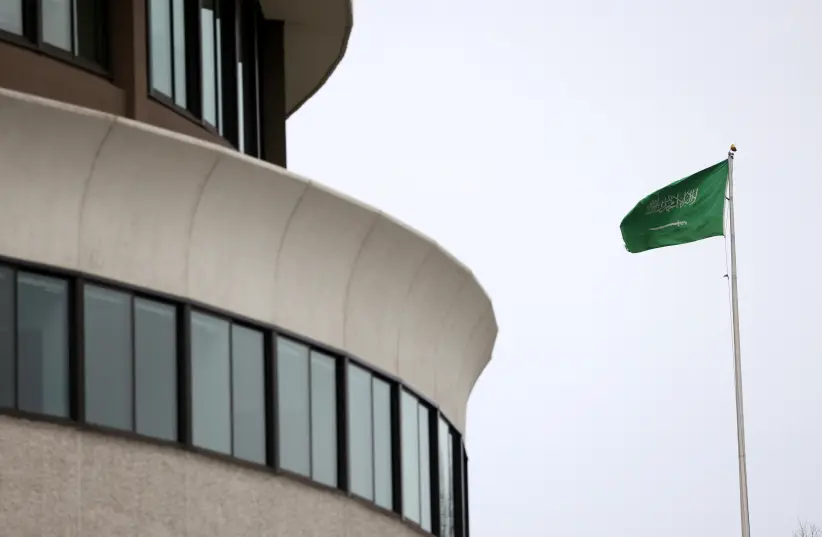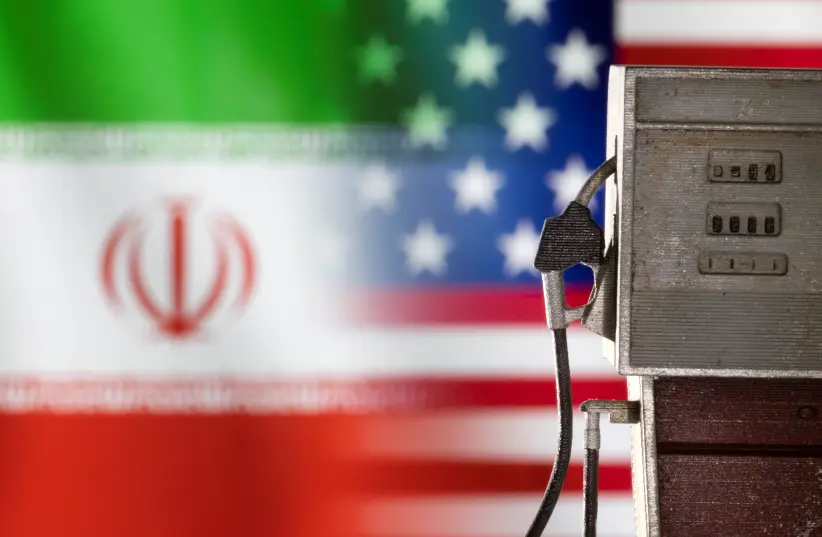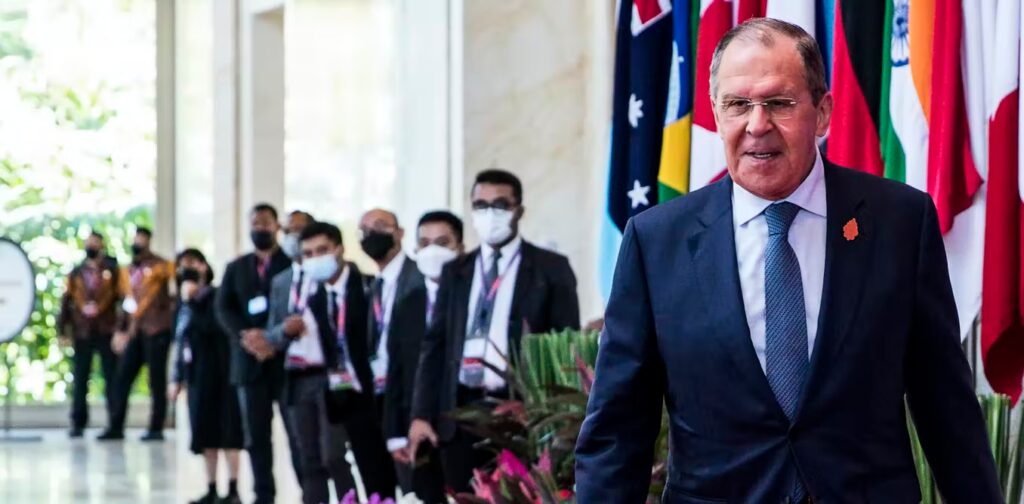Libyan Oil Production Declines By 50%
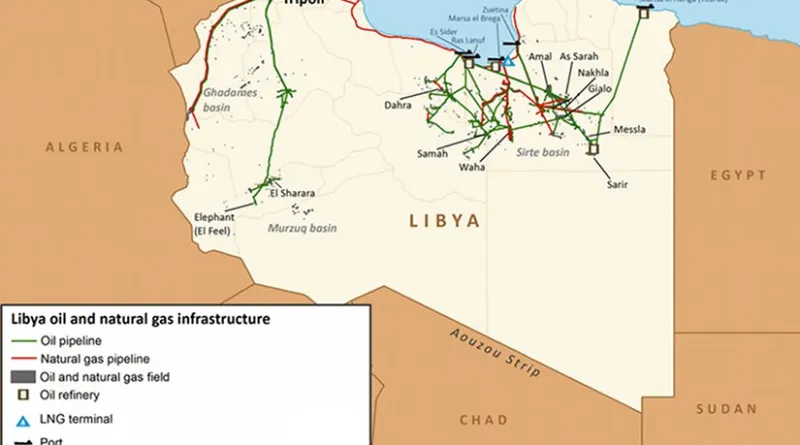
The Waha Company’s production declined by 50% to 145,000 barrels per day, after protesters at the Sidra port prevented oil tankers from entering for the second day in a row; This caused a reduction in the capacity of the port’s oil tanks. Oil production in Libya fell to 700,000 barrels per day in the second half of June, compared to 1,250 million barrels per day before implementing the closures of oil fields and ports by the protesters.



